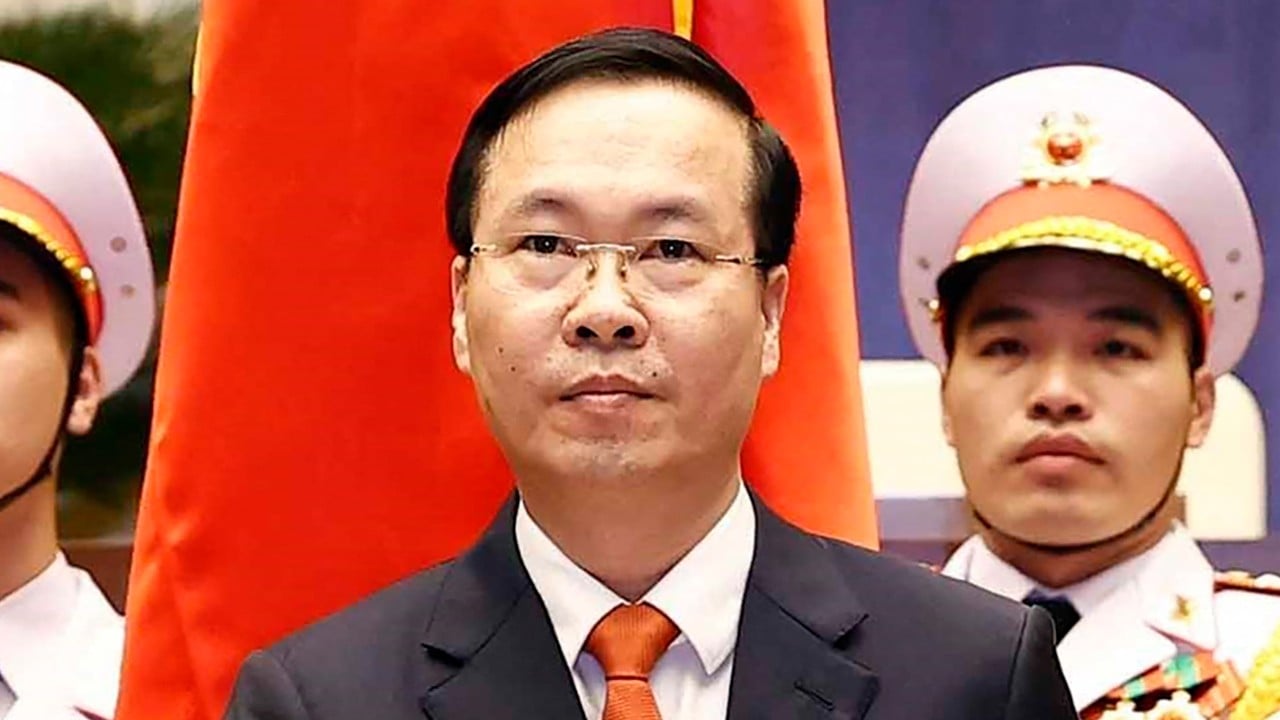Hanoi has announced plans for a state funeral this week, with two days of national mourning declared in Trong’s honour. The government called the late leader’s 13-year tenure “a huge loss” for the party, the state, and the Vietnamese people.

Major policy shifts are unlikely in the near term following Trong’s death, according to Zachary Abuza, a Southeast Asia expert and professor at the National War College in Washington. Acting leader Lam will serve in the position until the Communist Party’s 14th Congress, expected to be held in January 2026, Abuza said.
“For the next 17 months, there will be little policymaking, as the Communist Party of Vietnam is focused on personnel selection and policy grafting ahead of the Congress,” he said. “Even if Trong were alive, that would be the case. Vietnam is in its lame-duck session.”
Abuza views this as potentially beneficial for Vietnam’s economic development, as Trong was a “lifelong communist ideologue” more concerned with control than growth. In contrast, the pragmatic Lam “knows that the party’s legitimacy comes from economic growth”.
He said Lam was well-positioned to be elected general secretary at the 14th Congress, noting that Trong had suffered a stroke in late 2020 and was in poor health, even as the party remained “deadlocked” on finding a successor.

“Trong really believed that he was the only person to carry out the ‘blazing furnace’ anti-corruption campaign,” Abuza said, referring to the late leader’s high-profile graft crackdown.
The analyst said he hoped that Vietnam would return to a more regular transition of power, arguing that no country “should have leaders in their late 70s and 80s”, as the “process of mental and physical ageing accelerates” at that stage of life.
A ‘moment of change’?
Trong’s passing marks the first time a general secretary of Vietnam’s Communist Party has died in office since 1986. That year, the death of Le Duan paved the way for the Southeast Asian nation’s “remarkable market reforms” under the Doi Moi (renovation) programme, said Nguyen Khac Giang, a visiting fellow at the ISEAS-Yusof Ishak Institute’s Vietnam studies programme.
“So this might also be a moment of change for the country. I expect the political elites will discuss this issue heatedly in the upcoming party Congress in 2026,” Giang said. However, he does not anticipate a major generational shift in the leadership, as the party is likely to prioritise “orderly succession and continuity”.
In terms of foreign policy, little will be affected
The task of choosing his successor will be complicated by the Communist Party’s own rules.
As Hanoi-born professor Alexander Vuving explains, the party has long idealised a smoother leadership succession and a transfer of power to the younger generation, which is why it instituted term limits and age caps for the top post.

Lam enjoys the backing of the powerful security apparatus, making him a formidable contender, Vuving says – but he believes the president will face an “enormous effort” to secure the nomination, as the party remains divided over a successor.
“Economic development is one of his priorities, but it is subordinate to his need to consolidate power,” Vuving said.
The next 17 months will be a period of power competition, “not normal politics”, for Vietnam, according to Vuving. He points to the party’s “blazing furnace” anti-corruption campaign as “a powerful tool” in this domestic power struggle.
As Vietnam’s leadership grapples with the high-stakes succession battle, any one of these simmering regional disputes could prove to be a catalyst that “tremendously” affects domestic politics, upending the delicate balance of power, Vuving warned.


